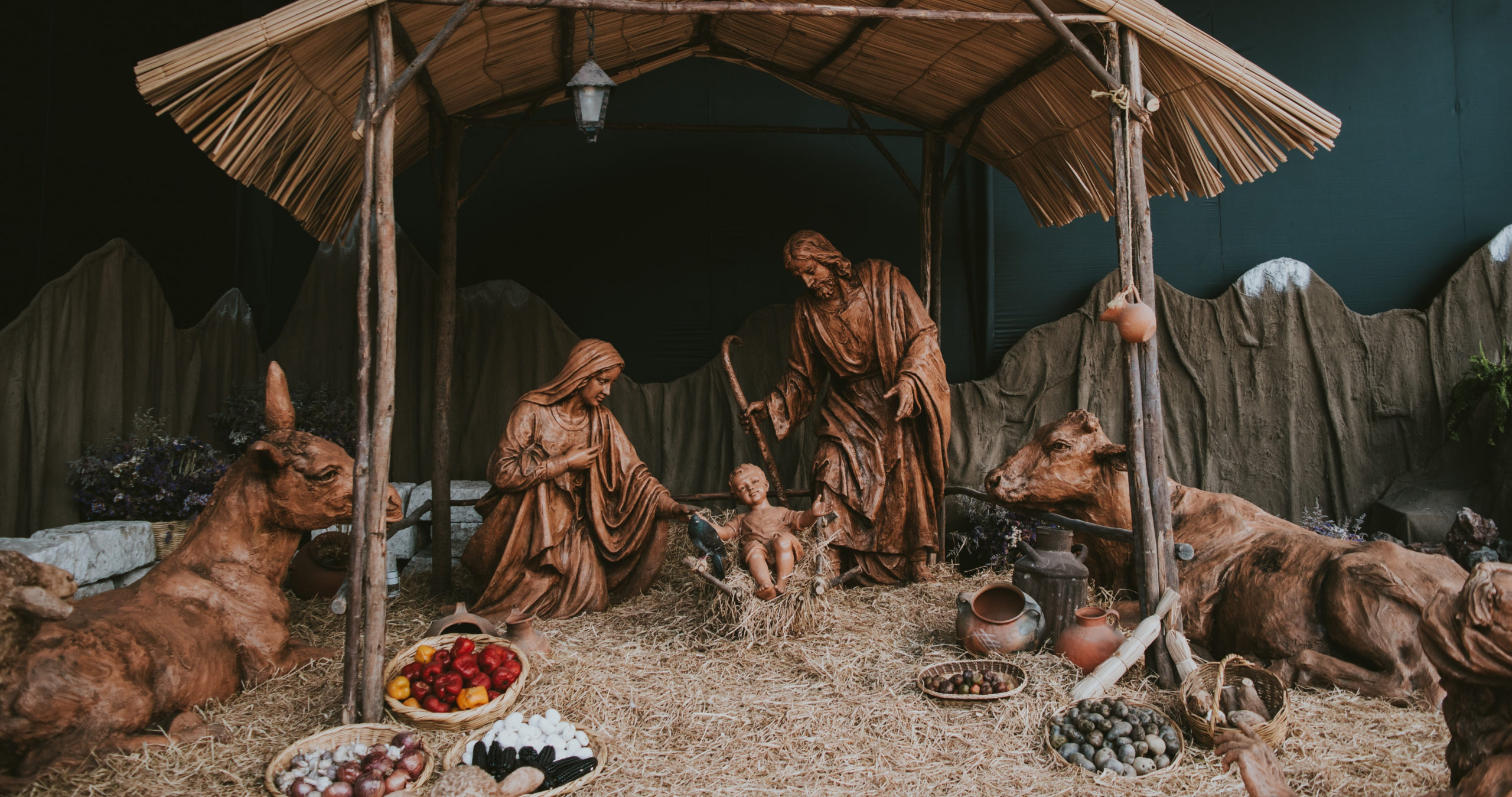One of the most beautiful, mysterious, and yet mind-boggling teachings of Scripture is that God put on flesh and dwelt among us. Every year at Christmas we celebrate the miracle that the second person of the Trinity “became flesh and dwelt among us” (John 1:14). Without such a miracle, there would simply be no hope for mankind.
We continue our study of “Great Doctrines of the Bible” by Martyn Lloyd-Jones by examining chapter 23, “The Incarnation.”
Seven Guiding Principles to Our Understanding of the Incarnation
Because the incarnation is beyond human understanding, error can easily creep in. There have been councils and debates seeking to establish the biblical teaching on such a complex idea. MLJ provides seven principles that will help set parameters around a healthy, orthodox understanding of the incarnation:
- The incarnation reminds us of importance of the doctrine of the Trinity– MLJ states, “The whole Christian position, in a sense, depends upon the doctrine of the blessed Holy Trinity. If we do not believe in that we cannot be Christian; it is impossible” (256).
- It was the second person of the Trinity who became flesh– God the Father did not put on flesh, nor did God the Holy Spirit.
- Jesus didn’t just appear to be human, He truly put on flesh– early in the Church a group called “Gnostics” taught that the Lord only appeared to put on flesh. John 1:14 states, “The Word was made flesh,” not that it merely looked like it.
- Jesus’ divine nature didn’t change– some argue that Jesus’ divine nature mixed with a human nature to form a whole new type of person. Jesus remained who he was with his divine nature still in tact. To argue otherwise is to create a change in the eternal Godhead. MLJ states, “We must never so state the doctrine of the incarnation as to give the impression, therefore, that we say that the Son of God was changed into a man” (257).
- Jesus was truly human– he did not just take the appearance of a human, but truly received a human nature. This is similar to point 3, yet dealing with the nature rather than the physical body. Hebrews 2:14 argues, “Forasmuch then as the children are partakers of flesh and blood, he also himself likewise took part of the same.” Also, 2 John 7 states, “Many deceivers are entered into the world, who confess not that Jesus Christ is come in the flesh.” In order to be a sufficient sacrifice on behalf of man, he had to be truly God and truly man.
- Jesus took on a full human nature– He did not become part human, or a human in body only. MLJ states, “The doctrine of the incarnation teaches that He took on Him complete human nature, body and soul, including spirit, that He was truly man” (259).
- He received a complete human nature from the Virgin Mary– MLJ is arguing against those who claim that Jesus was a different kind of human than others. They say that “God created a new human nature for His Son” that “merely passed…through Mary.” Instead, MLJ states that is a true human, the seed of Abraham and the seed of David: “Now if a special human nature had been created for Him, He would not have been the son of David nor the son of Abraham. But He was both, because His human nature came from his mother, the Virgin Mary” (259).
While beyond our understanding, the Incarnation is a wonderful miracle of God by which Jesus, truly God and truly man, bridges the gap between God and man. Or, as Augustine says, “Man’s maker was made man, that He, Ruler of the stars, might nurse at His mother’s breast; that the Bread might hunger, the Fountain thirst, the Light sleep, the Way be tired on its journey; that the Truth might be accused of false witness, the Teacher be beaten with whips, the Foundation be suspended on wood; that Strength might grow weak; that the Healer might be wounded; that Life might die” (Sermons 191.1).
Other posts in the “Great Doctrines of the Bible” series:
- Mind, Heart, and Will: Examining the Great Doctrines of the Bible
- How Can We Know Anything About God?
- Does the Bible Claim to be Authoritative?
- The Existence and Being of God
- The Warnings and Comforts of God’s Attributes
- A God We Can Trust
- Lloyd-Jones On The Mystery Of The Trinity
- The God Who Knows: The Eternal Decrees of God
- What Does the Bible Say About Angels?
- Who is Satan?
- The Creation of the World
- 3 Aspects of God’s Providence
- The Creation of Man
- The Fall of Man
- The Pollution of Man
- God’s Eternal Plan of Redemption
- The Covenant of Grace in the Old Testament
- The Covenant of Grace in the New Testament
- Consider Jesus
To listen to the audio blog, you can subscribe on Apple Podcast, Spotify, Google Play, or Podbean. Thank you for reading/listening and I pray it ministers to you!

0 thoughts on “The Incarnation”